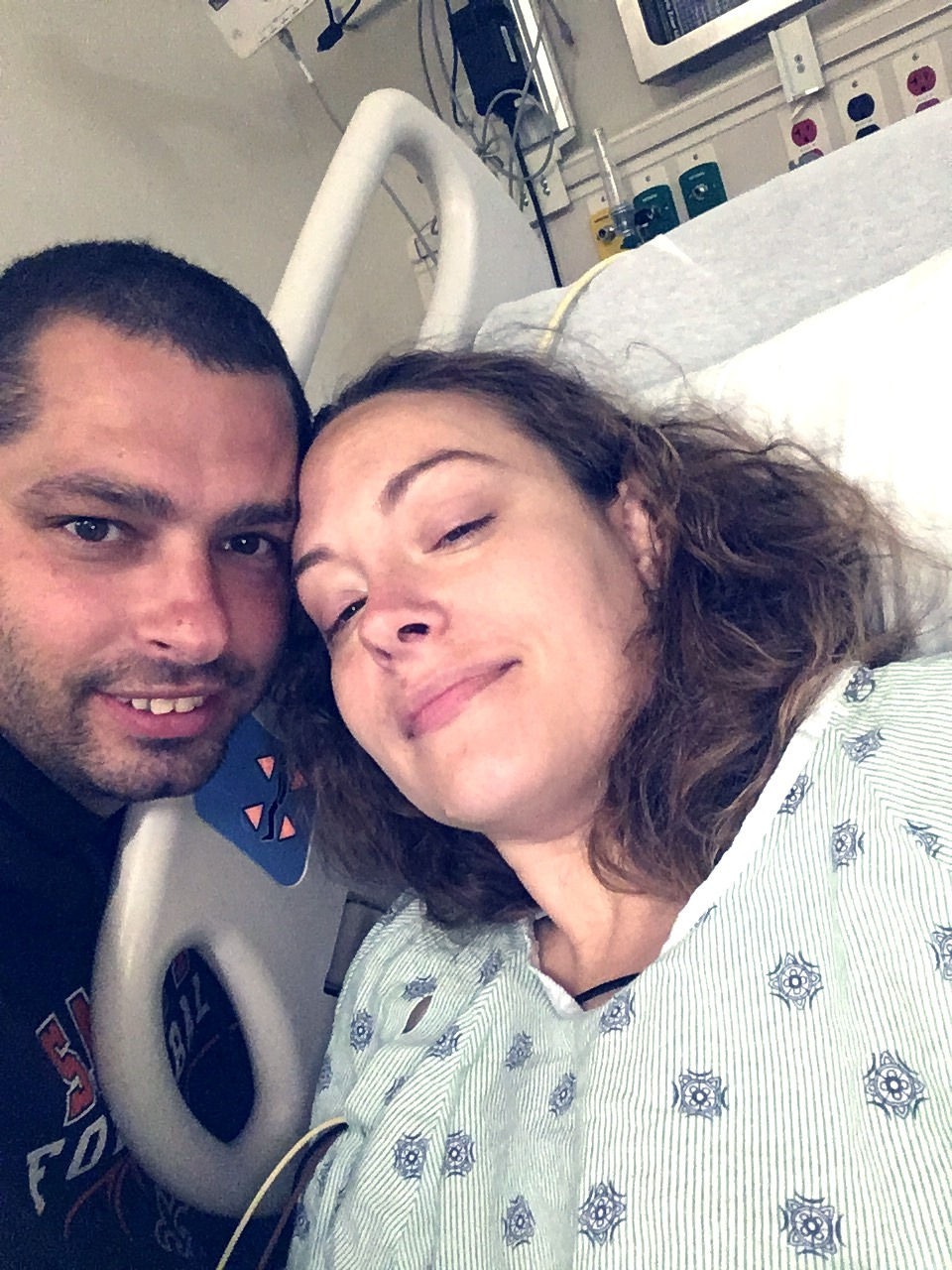Kidney Donation: A Gateway to Renewed Purpose and Transcendent Altruism
- Stephanie MoDavis

- May 20, 2023
- 3 min read
As a kidney transplant recipient, I have witnessed first hand something I feel doesn’t get enough attention. The act of kidney donation. Almost always the donors that I connect with have an overwhelming sense of wanting to become advocates post donation, similarly to recipients. But why, really why? And is there a potential in this radical step that actually transforms the giver?
Times of great stress and crisis require us to dig deeper in all ways. We live amongst a culture in collapse with so many struggling to find or even rediscover a new sense of meaning. Stress, depression, mental health issues and existential crisis is at an all time high. It has never been so evident following our worlds recover process from the pandemic and responses there of. Almost as if we are in a process of ptsd and trauma healing.
To highlight a phenomenon that needs radical acts of altruism, I felt mentioning the subject of kidney donation as a means to not only act altruistically, but quite possible to embark on a process of inner self regeneration.
In the realm of medical marvels, the act of kidney donation stands as a testament to the indomitable spirit of human altruism. Beyond the profound impact on the recipient's life, research and anecdotal evidence suggest that the act of giving a kidney can ignite a transformative journey for the donor, leading to a renewed sense of meaning and purpose.
As the poet Khalil Gibran eloquently said, “You give but little when you give of your possessions. It is when you give of yourself that you truly give. For what are your possessions but things you keep and guard for fear you may need them tomorrow?
The Power of Altruistic Acts:
Altruism, the selfless concern for the well-being of others, has long been revered as a virtue that enriches both the giver and the receiver. Medical science has delved into understanding the psychological and emotional effects of altruistic acts, revealing remarkable transformations within individuals. Dr. James Doty, a neurosurgeon and director of the Center for Compassion and Altruism Research and Education at Stanford University, affirms, "When we act altruistically, it activates the reward centers in our brains, leading to a sense of joy, purpose, and connection.”
Featured below
Nicole Laudenslager-Macaravitz, my sister post kidney donation.
My sister stepped up to radically to improve and "save" my health at NYU 2016.

Kidney Donation: An Altruistic Journey:
Kidney donation embodies the epitome of selflessness and generosity. It is a life-changing act that transcends the boundaries of personal gain, igniting a cascade of positive emotions and psychological shifts within the donor. Medical research provides compelling evidence of these transformative effects.
A study published in the Journal of Health Psychology examined the psychological outcomes of living kidney donors and reported that a significant majority experienced an increase in overall life satisfaction post-donation. Furthermore, the study found that donors often felt a profound sense of purpose and fulfillment, with 92% stating that donating a kidney was the right decision.
Dr. Monika Sharma, a renowned transplant surgeon, highlights the emotional journey donors embark upon, stating, "The decision to donate a kidney requires introspection and reflection. Donors frequently express a deep desire to make a meaningful impact on someone's life, which becomes a driving force in their decision-making process.”
Renewed Purpose and Transcendent Connection:
The act of kidney donation initiates a transformative process that propels donors toward a renewed sense of purpose and connection to something greater than themselves. It allows individuals to transcend their daily concerns and engage in a profound act of compassion.
A study published in the Journal of Personality and Social Psychology examined the impact of altruism on the donor's outlook. The findings revealed that individuals who engaged in large-scale altruistic acts experienced a profound shift in their perspective, with an increased sense of meaning and connection to a transcendent purpose.
Dr. William Damon, a leading expert on purpose and moral development, asserts, "Engaging in great altruistic acts, such as kidney donation, allows individuals to experience a deeper connection to their values and principles. It enables them to find meaning and purpose beyond their immediate existence.”
The act of kidney donation is far more than a medical procedure; it is an awe-inspiring journey that can initiate donors into a realm of renewed purpose and transcendent altruism. We witness the transformative power of selflessness, as individuals embrace a deeper sense of meaning, joy, and connection to something beyond themselves.
By choosing to donate a kidney, individuals embark on a path that not only saves lives but also nourishes their own souls. It is a testament to the inherent capacity for compassion within humanity and serves as a poignant reminder that acts of great altruism can be catalysts for personal growth, leading to a richer, more fulfilling existence.



Comments